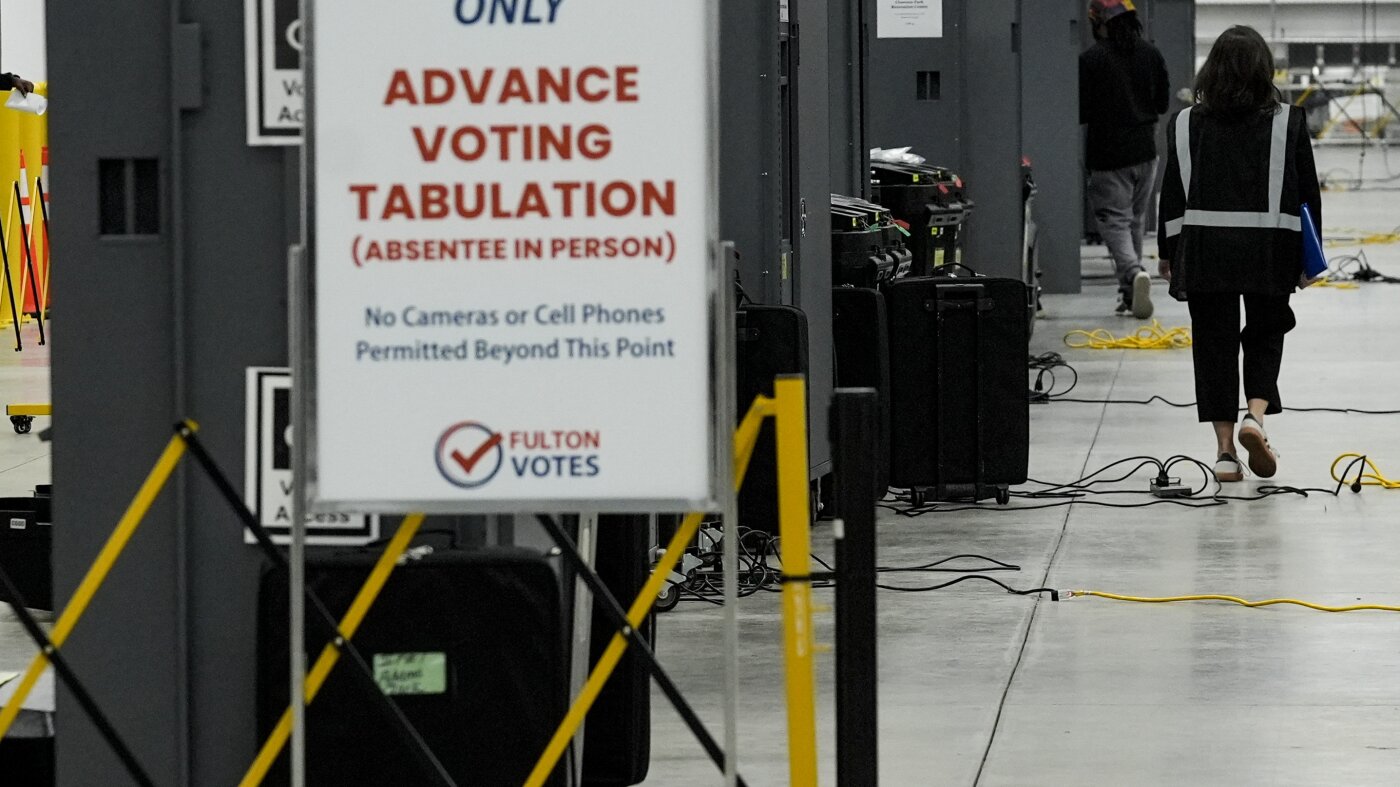This is the sixth Varsity Maine boys basketball poll of the season, and the No. 1 ranking has changed each time. Windham is back at No. 1 after a big win over No. 4 South Portland. The Eagles, who have won 12 straight, were previously ranked No. 1 in the winter’s first poll.
Windham and last week’s No. 1, Camden Hills, have both topped the poll twice. Sanford and South Portland have each spent one week in first.
The team responsible for this week’s No. 1 switch, Cony, jumped three spots to No. 6 after dealing Camden Hills its first loss on Saturday and upending No. 8 Gardiner last Tuesday.
Medomak Valley rejoins the poll after a few weeks away, and Hermon is ranked for the first time this season.
The Varsity Maine boys basketball poll is based on games played before Jan. 27, 2026. The top 10 teams are voted on by the Varsity Maine staff, with first-place votes in parentheses, followed by total points.
| BOYS BASKETBALL | ||
|---|---|---|
| 1. | Windham (6) | 86 |
| 2. | Sanford | 77 |
| 3. | Camden Hills (3) | 76 |
| 4. | South Portland | 56 |
| 5. | York | 49 |
| 6. | Cony | 43 |
| 7. | Brunswick | 30 |
| 8. | Gardiner | 22 |
| 9. | Medomak Valley | 12 |
| 10. | Hermon | 10 |
Poll compiled by Assistant Sports Editor Bob Aube.

































